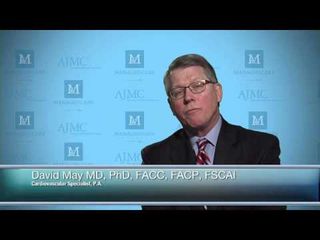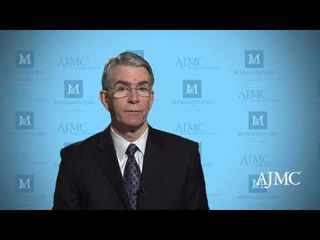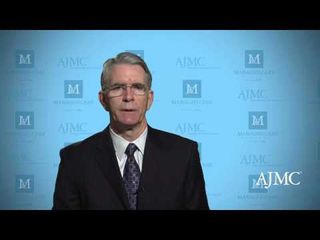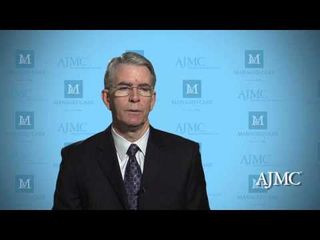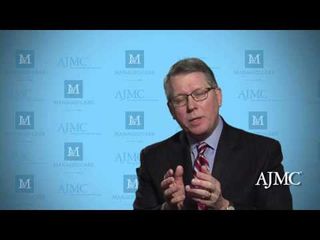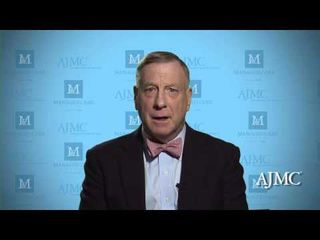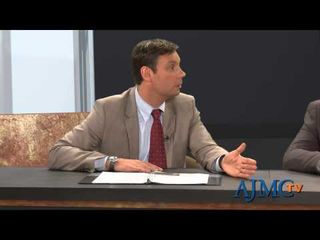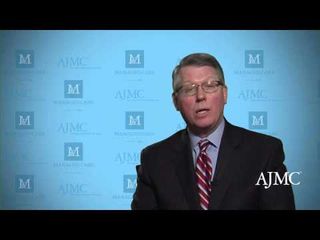
Insurance
Latest News
Latest Videos

More News

As Andy Slavitt, MBA, acting administrator of CMS, comes to the end of his tenure, he spoke with Mandi Bishop, MA, CEO of Aloha Health, about the task of making health policy translatable and the legacy of payment reform he leaves behind.

What we're reading, January 4, 2017: Republicans in Congress may also make changes to Medicare; churches and faith-based organizations launch syringe exchanges; and judge rules Amgen's PCSK9 patent is valid.

January 1, 2017, marks the beginning of a new way of being paid in Medicare. And while the final rule of MACRA was released in October, and many providers and practices are still trying to parse out what it will mean to them.

Why a mobile health coaching company sees its move from per member per month to outcomes-based payment as the right thing-for employers and for consumers.

After the passage of the Affordable Care Act in 2010, hospital readmission rates decreased nationwide, most dramatically for the lowest-performing hospitals, according to an analysis of readmissions data published in the Annals of Internal Medicine.

This week, the top managed care stories included CMS announcing more mandatory bundled payment models and a new track in the Medicare Shared Savings Program, the FDA approving a new use for Dexcom's continuous glucose monitor, and a greater emphasis on lifestyle management in the American Diabetes Association's care standards.

There's no shortage of reader interest in Afrezza-the inhaled, meal-time insulin from MannKind-despite reports from Wall Street that the prescription count is climbing slowly.

Until there is more data to support the outcomes of using telemedicine, payers will be more cautious about getting into reimbursing for the technology, said Anne Schmidt, MD, associate medical director at Blue Cross and Blue Shield of Alabama.

With the Medicare Access and CHIP Reauthorization Act (MACRA) set to take effect January 1, 2017, The American Journal of Managed Care has created a resource center, the MACRA Compendium, where payers and providers can find updates on the transition to value-based care.

Wide price variation in hospital prices for the care that they render-up to a 2.7-fold difference-is driven by the hospital's market leverage, according to a new report by the New York State Health Foundation (NYSHealth).

On the day of the approval, top FDA and CMS officials write in JAMA of the need to share data for better healthcare delivery.

The findings come as CMS targets cardiac procedures in both its hospital readmission reduction program and in a bundled payment model set to take effect July 1, 2017.

The findings confirm other studies that show differences in the practice patterns between male and female physicians.

The elderly population in the United States is growing significantly. People who are 80 years and older most likely need long-term care due to severe disabilities.

CMS must learn from implementation of new quality measure sets as it refines and expands the Core Quality Measure Collaborative, Kate Goodrich, MD, director of the Quality Measurement and Value-Based Incentives Group in CMS.

After widespread criticism from healthcare providers, drug companies, and lawmakers, CMS has announced that it will not go forward with its proposed Medicare Part B payment program. The experimental reimbursement model was intended to reduce outpatient drug spending, but oncologists worried it would have unfairly slashed their Part B payments.

A new accountable care organization (ACO) model announced by CMS aims to improve care and lower costs by allowing beneficiaries enrolled in both Medicare and Medicaid to be covered under a Medicare Shared Savings Program ACO.

The Rx Price Watch report from the Public Policy Institute of the American Association of Retired Persons (AARP) has found that retail prices of widely used brand name prescription drugs rose at a significantly faster rate than general inflation over the past decade.

The American Journal of Managed Care and the American Association of Diabetes Educators have collaborated on a special joint issue of Evidence-Based Diabetes Management, which focuses on the growing evidence for payer coverage of Diabetes Self-Management Education and Support and the Diabetes Prevention Program.

Since insurers began pulling out of the individual market in many states, CMS has vowed to crack down on practices that drive up costs.

A recent report from the Government Accountability Office mostly concurs with CMS on a dispute over problems with the Medicare competitive bidding program, following an explosive study in Diabetes Care that found beneficiaries lost access to key supplies.

Diabetes educators are well-positioned to help accountable care organizations meet their business, healthcare, and financial goals. The emphasis on primary care in treating chronic disease calls for an increased emphasis on diabetes educators to achieve better healthcare outcomes in a cost-effective manner.

The American Association of Diabetes Educators has offered extensive comments to CMS on how Medicare reimbursement of the Diabetes Prevention Program should occur, so that community groups offering the program financially thrive.

The 2015 joint statement of the American Association of Diabetes Educators, the American Diabetes Association, and the Academy of Nutrition and Dietetics called for diabetes self-management education and support at 4 distinct points: at diagnosis, at annual assessments, when complications arise, and at transitions.

Though there are many unknowns regarding how the Trump administration will affect policy, there is bipartisan support for lowering costs and increasing quality. The Medicare Access & CHIP Reauthorization Act of 2015 is a separate law that was passed with 92% bi-partisan support in 2015. Read on for tips on creating a strategy that will set you up for success under advanced alternate payment models.
